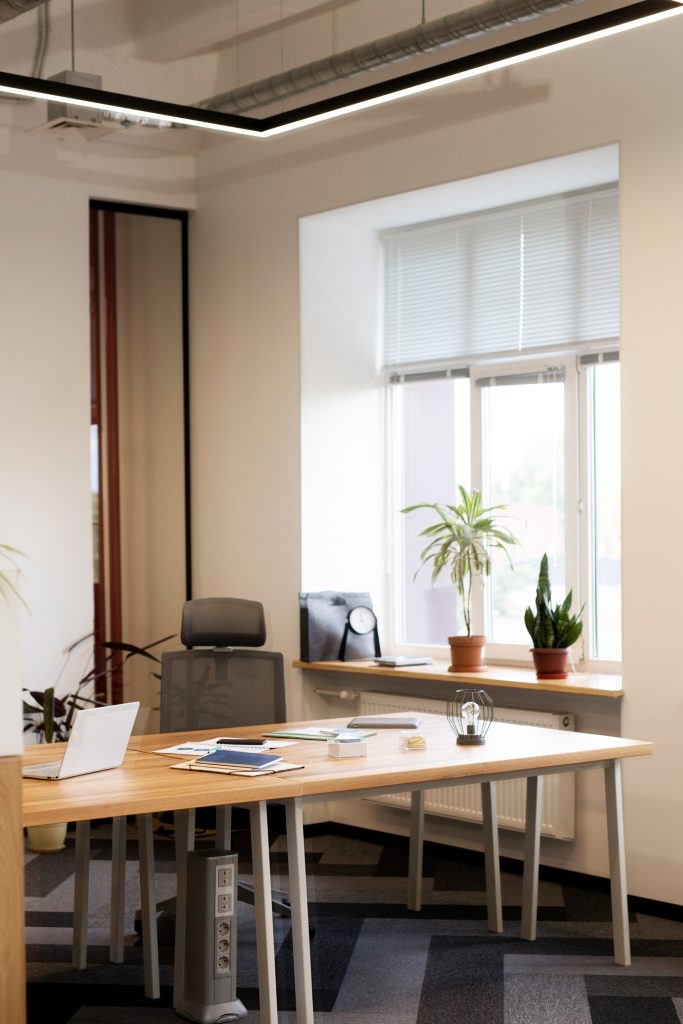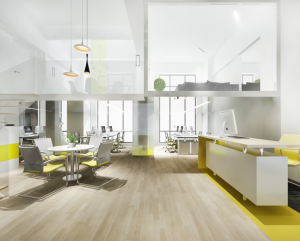“Culture eats Strategy for breakfast.” – Peter Drucker
Much has been written about the recent Flight to Quality phenomenon referring to the movement of companies or tenants towards higher-quality office spaces.
Regardless of the cause or strategy behind this trend, ultimately it comes down to a culture statement. Is it right for your firm?
Here are two questions to start with:
- Do you want to create a world class work experience for your staff?
- Will this support your company’s Future of Work strategy?
The buildings that we’re referring to are commonly referred to as Class A. Although many landlord’s attempt to market their properties as fitting the Class A classification, a better definition would be the top 10% of office buildings in a given market, which are generally the newest and nicest buildings in the most vibrant neighborhoods. As you’d expect, this will be a very different Class A building in Austin where 35%+ of office buildings have been built since 2015 as compared to a Class A building in Milwaukee with less than 10% built in that same timeframe.
By declaring a preference for newer, more modern and well-maintained buildings, and/or spaces that are located in more desirable amenity-rich areas, the company is positioning their brand as cutting-edge, high quality, and concerned with the satisfaction of their employees.
Just as importantly, this strategy creates a pull to increase employee engagement by providing an alternative that is, and here is the really big point: Better than home.
Effectively the office becomes an amenity that staff wants to use because it provides a better environment for work.
Many times this repositioning may be driven by the desire to attract and retain talent in a difficult labor market. It is sometimes justified by a reduction in overall footprint due to flexible work, often resulting in a cost/SQFT that is much higher than previous office digs, although with a total annual rent cost well below the much larger previous space.

Certainly, attracting and retaining talent is a major driver in the Flight to Quality shift, however we see a larger narrative including:
- Increased productivity: Higher-quality office spaces are often designed with ergonomics and productivity in mind, which can lead to increased comfort and efficiency for employees.
- Improved brand image: Occupying a higher-quality office space can improve a company’s image and reputation as it can be seen as a sign of a successful and forward-thinking organization.
- Positive ESG efforts: Many of these properties are LEED or WELL certified, with both lower carbon impact and lower energy demand than older buildings.
- Reduced absenteeism: Employees who work in environments that are well-maintained and comfortable may be less likely to take time off due to illness or stress.
- Cost savings: While the initial cost of moving to a higher-quality office space may be higher, in the long run it can save money by reducing absenteeism, increasing employee productivity and reducing turnover. Certain operating expense components, such as electricity, can also be less than traditional buildings.
The office Flight to Quality phenomenon can have a significant impact on a company’s culture. A high-quality office space can create a more positive and productive work environment, which can in turn foster a culture of collaboration, innovation, and employee satisfaction.
When employees work in a comfortable, well-maintained, and visually appealing office space, they may feel more motivated and engaged in their work. This further fosters collaboration by providing employees with shared spaces and amenities that facilitate teamwork and communication. It reinforces company’s values and a mission that inspires creativity and innovation.
Overall, the office Flight to Quality can have a positive impact on company culture by creating a more pleasant and inspiring work environment that increases employee satisfaction, creativity, and productivity.
“People do not quit companies, managers, or leaders – they quit organizational cultures.” Workplace Strategist Christie Lindor wrote in her blog in 2017.
Consider making your culture one of high quality by offering a place to work that is “Better than Home”.
=========
Photo by Kelly Huang.







